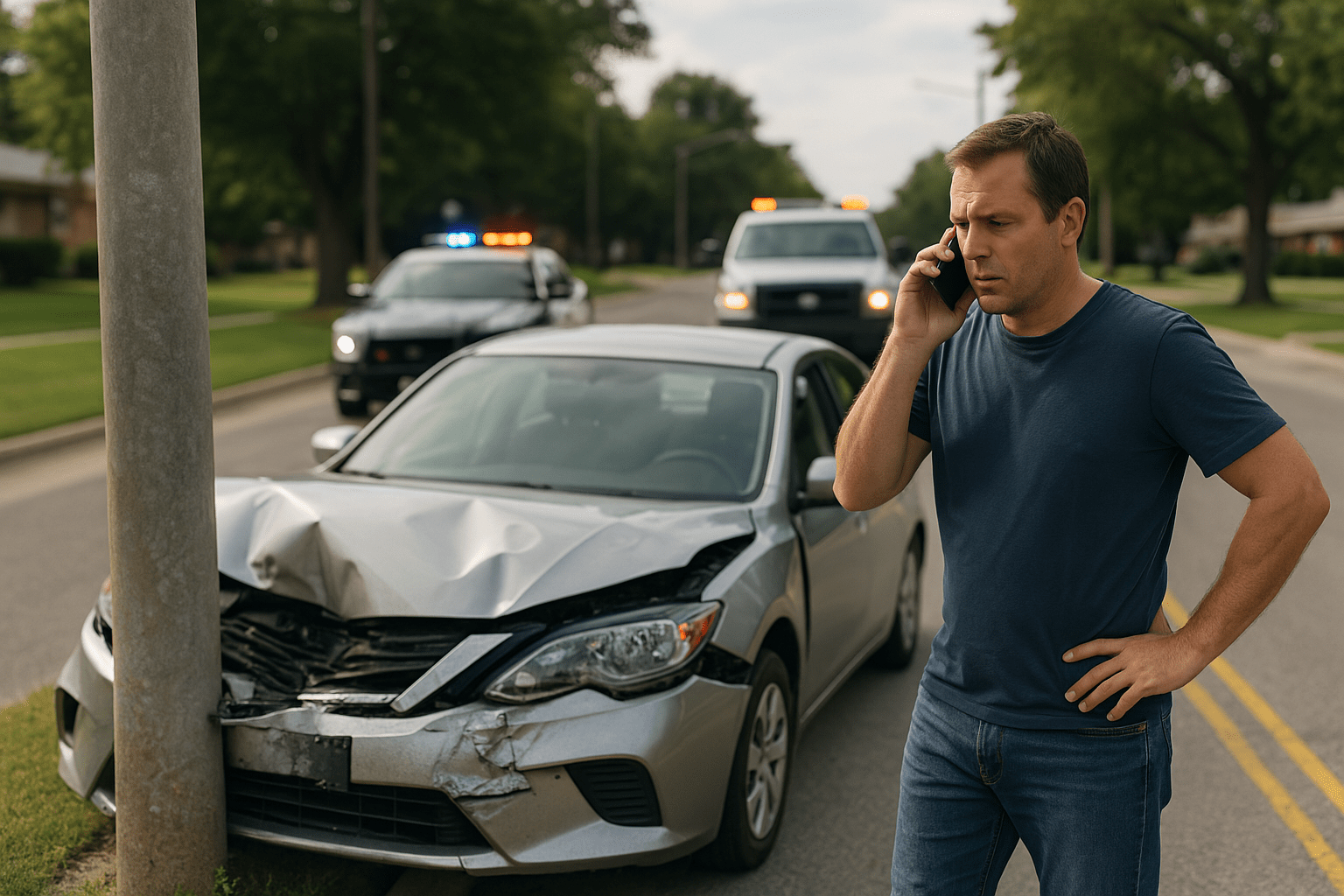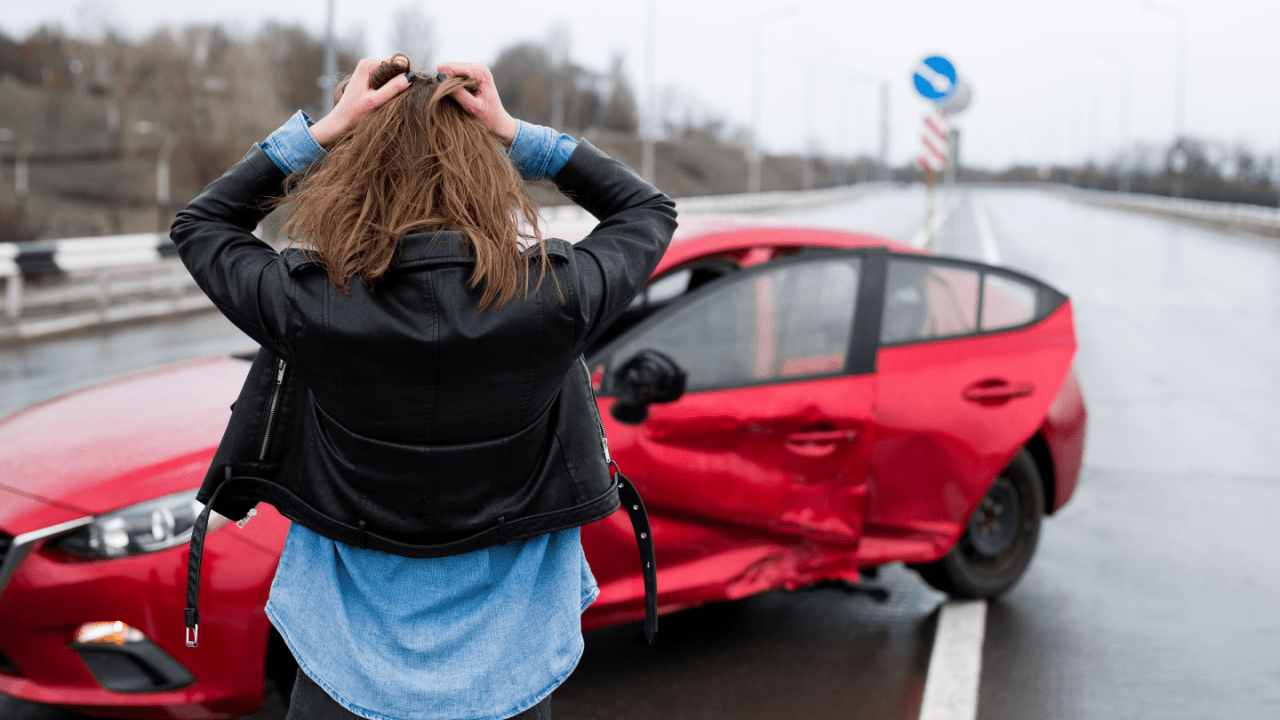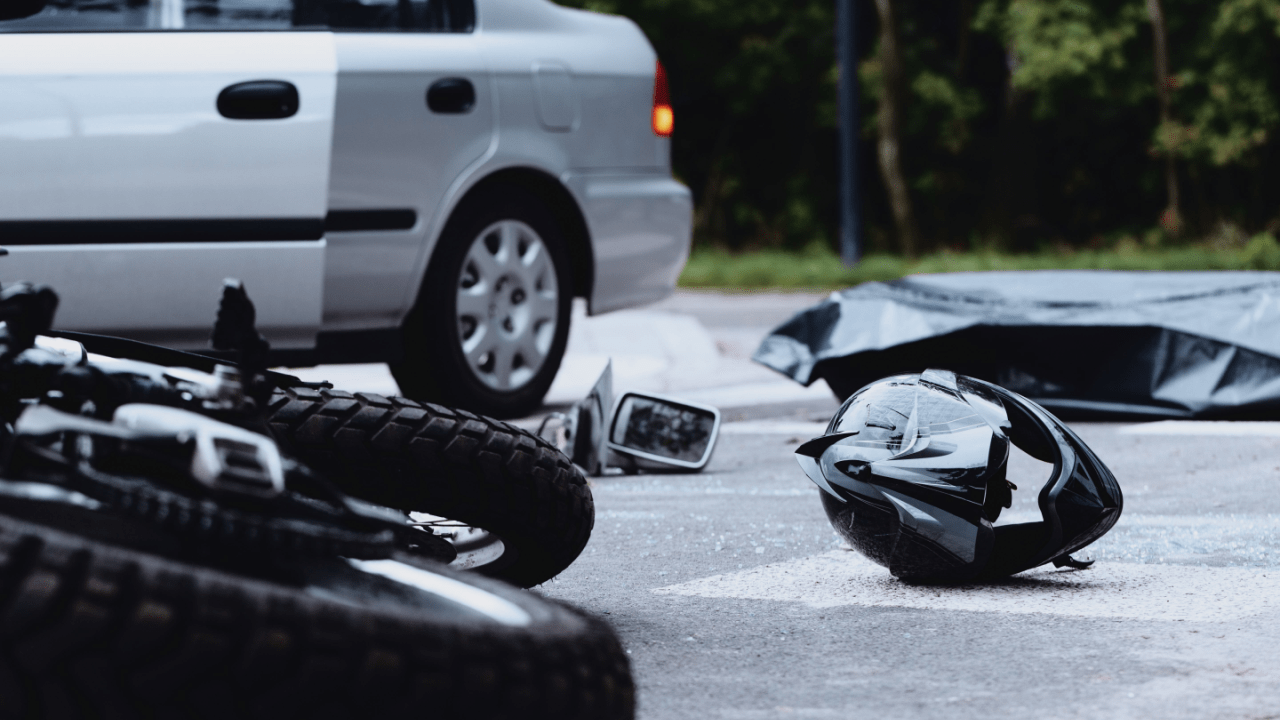- Mon - Fri: 8.30 AM - 5:00 PM
- 26565 Agoura Rd., 200, Calabasas, CA 91302
- 818-884-8075

Will Insurance Pay for a Single Car Accident? Coverage Explained
Will Insurance Pay for a Single Car Accident? Here’s How It Works
If you’re involved in a solo crash, you’re likely wondering: will insurance pay for a single car accident, and what type of coverage—if any—applies? Whether you hit a tree, pole, guardrail, or simply lost control of your vehicle, a solo accident can still lead to costly repairs and even medical bills.
Fortunately, insurance may cover these situations—but it depends on your policy and how the incident is classified. In this article, we’ll break down everything you need to know about whether insurance will pay for a single car accident, what types of coverage apply, and how to avoid common mistakes when filing a claim.
What Is a Single-Vehicle Accident?
To understand whether insurance will pay for a single car accident, it helps to know how insurers define it.
A single-vehicle accident occurs when only one car is involved in a crash. This includes:
- Hitting a utility pole or tree
- Swerving off the road and damaging your car
- Colliding with a guardrail, wall, or building
- Running into a large animal (like a deer)
- Losing control due to weather and crashing
These incidents often result in MVA charges or citations. Even if no one else is involved, you are usually deemed at fault unless extenuating circumstances apply.
Does Car Insurance Cover Single-Vehicle Accidents?
The most important factor in answering “will insurance pay for a single car accident?” is what kind of coverage you have.
Liability-Only Insurance:
If you have the minimum required insurance (liability only), you are not covered for damage to your own vehicle in a single-vehicle accident. Liability only covers damage you cause to others, not yourself or your property.
Collision Coverage:
If you carry collision coverage, your insurance will pay for damage to your vehicle in most single-car accidents, minus your deductible. This includes crashes caused by hitting a curb, sliding on ice, or accidentally backing into a pole.
Comprehensive Coverage:
In some cases, like hitting a deer or falling tree branch, comprehensive coverage may apply. This coverage is also subject to a deductible but generally covers non-collision-related events.
In short, yes—insurance can pay for a single car accident, but only if you have the right type of policy. If you’re not sure what’s included, check your declarations page or contact your insurer for clarification. You can also get a quote for car damage to better understand potential repair costs before filing a claim.
What Happens After You File a Claim?
After a single-car accident, you’ll need to report the incident to your insurance company if you plan to file a claim. Here’s what to expect:
Claim Process:
- Submit a claim online or by phone
- Explain the circumstances honestly—insurers will assess fault
- Provide photos and a police report, if available
- An adjuster may inspect the damage
- If approved, you’ll receive a payout minus your deductible
Your deductible is the amount you agreed to pay out of pocket before insurance kicks in. For example, if your repairs cost $4,000 and your deductible is $1,000, your insurer would pay $3,000.
Will Your Rates Go Up?
Because you’re typically considered at fault in single-car accidents, there’s a good chance your premium may increase—especially if you’ve had prior claims. Each insurance company has its own rules, so check with your provider.
What If Someone Else Was Driving Your Car?
Another common question is whether insurance will pay for a single car accident if someone else was behind the wheel.
The answer: It depends on your policy.
- Most policies include “permissive use”, which means a friend or family member who had your permission to drive is covered.
- If the person is listed as an excluded driver, the claim may be denied.
- If the driver was using your car without permission, the situation becomes more complex and could result in denied coverage or legal complications.
Always review your policy’s terms on other drivers to know where you stand in case a solo accident occurs with someone else in your vehicle.
Understanding When Insurance Covers a Single-Car Accident
Will insurance pay for a single car accident? The answer depends on your policy. If you have collision or comprehensive coverage, you’re typically protected against most solo crashes, but deductibles and potential rate hikes should be expected. Liability-only insurance won’t cover damage to your own vehicle. Whether it’s you or someone else driving, your policy’s fine print matters. Knowing your coverage before an accident happens can prevent unexpected expenses and coverage denials down the road.
Get Help Navigating Single-Car Accident Insurance Claims
Dealing with the aftermath of a solo accident? If you’re unsure whether your insurance will pay for a single car accident, Legal Brand Marketing can connect you with experienced personal injury attorneys who understand how to interpret policy language, manage claims, and fight for fair compensation. Whether you’re facing high repair bills or denied coverage, don’t navigate it alone.
Contact us today to get matched with legal professionals who can protect your rights and guide you through the insurance process.
Frequently Asked Questions (FAQs)
1. Do I need to file a police report for a single-vehicle accident
While not always legally required, filing a police report can strengthen your insurance claim by providing an official account of the incident—especially for significant damage or injuries.
2. Can I be denied coverage if I was driving under the influence during a single-car accident?
Yes. If you’re found to be intoxicated or in violation of the law at the time of the accident, your insurer may deny the claim or significantly limit payout eligibility.
3. Will a single-car accident stay on my insurance record?
Yes. Even minor claims may appear on your record and could affect your premium for several years, depending on your insurer’s rating policies.
4. Does gap insurance apply to single-vehicle accidents?
Gap insurance can help if your car is totaled and you owe more than it’s worth—this applies regardless of how many vehicles were involved, as long as you have comprehensive or collision coverage.
5. What if the weather caused the accident—will insurance still pay?
Yes. If you have collision or comprehensive coverage, weather-related single-car accidents (like sliding on ice or hydroplaning) are typically covered, but you’re usually still considered at fault.
Key Takeaways
- Insurance will pay for a single car accident only if you have collision or comprehensive coverage—not liability-only.
- You’re generally considered at fault in single-vehicle crashes, which can lead to higher premiums after a claim.
- Your deductible applies before insurance pays, so know your out-of-pocket costs before filing.
- Policies may cover other drivers, but only if they had permission and aren’t excluded from your plan.
- Understanding your policy in advance is key to avoiding denied claims and unexpected expenses.



